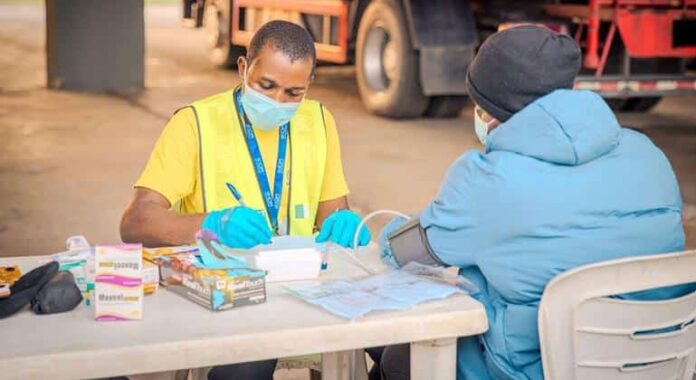The health systems in Latin America and the Caribbean face serious weaknesses that threaten both the lives of their citizens and regional economic stability in the face of potential health crises. A recent report published by the Lancet Americas Commission, in collaboration with the World Bank and the Pan American Health Organization, reveals this.
The document warns that a health crisis, such as a pandemic or a natural disaster, could reduce the capacity of primary care services by between 25% and 50% for one to five years. This could result in up to 165,000 preventable deaths and estimated economic losses between 7 and 37 billion dollars.
The Director of PAHO, Dr. Jarbas Barbosa, highlighted the vulnerability of the poorest communities in the face of the lack of resilient health systems: "Without resilient systems, the next health crisis will hit the poorest communities hardest."
The projected figures are alarming. Up to 11,300 maternal deaths are expected, 10,000 infant deaths, more than 149,000 deaths from non-communicable diseases, and 14 million unplanned pregnancies. The COVID-19 pandemic had already exposed these weaknesses, since, although the region represented only 8.5% of the world's population, it accounted for 30% of global deaths from the disease. During this period, essential services such as maternal care and vaccination were reduced by as much as 50%.
Jaime Saavedra, from the World Bank, has noted that one of the region's biggest health challenges for its countries is the strengthening of primary health care. It has urged governments to urgently prioritize this aspect through significant investment.
Against this backdrop, the Commission proposes an action plan based on five critical aspects: expand equitable models of care, integrate essential public health functions, empower communities, foster intersectoral collaboration, and ensure sustainable funding.
This report not only sounds an alarm, but also underscores the need to transform health systems in Latin America and the Caribbean to protect economic development and human security in a region increasingly facing health and climate crises.



